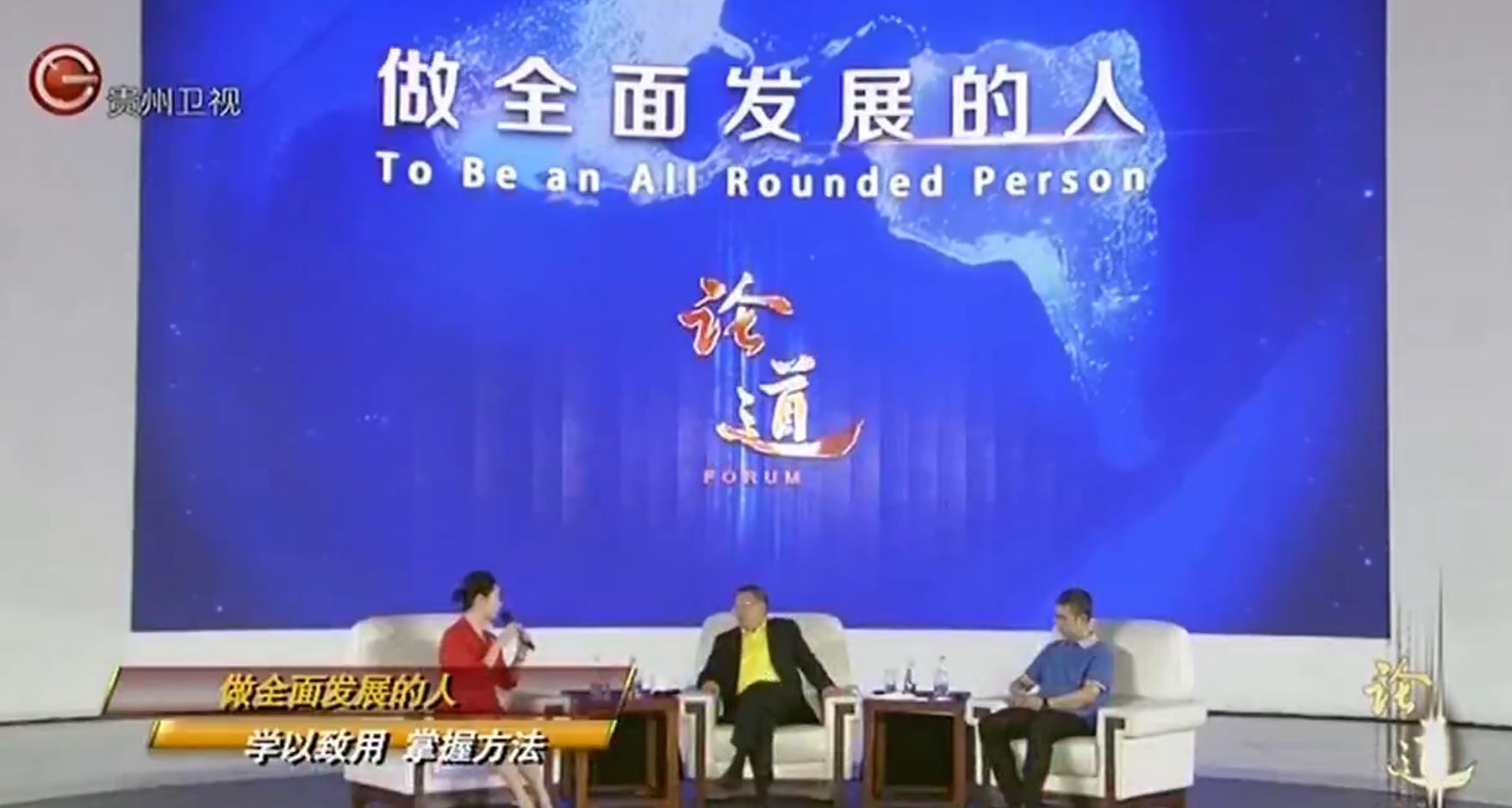How to turn "intelligence" into "wisdom" in education? Listen to what they say.

CCTV News:The rapid development of information technology makes it easier for people to acquire knowledge. How can we turn "intelligence" into "wisdom" in future education? What are the unique experiences and feelings of Long Yongtu and Bai Yansong? Let’s look at what they said in the column "On Tao".
Apply what you have learned and master the method.
Long Yongtu: I came from an English major. At that time, I studied English at Guizhou University. I studied English for four years and never heard a real foreigner speak. So after I was assigned to Beijing, I didn’t even believe that foreigners could understand my foreign words. So when I first came to Beijing, I went to the Forbidden City. At that time, there were two old ladies and an old British lady who also visited the Forbidden City. As soon as I heard the English spoken by these two old ladies, I completely understood it. I felt that this English was not learned in vain.
Later, when the two old ladies visited an exhibition, one was the crown worn by the emperor and the other was the crown worn by the queen. The two old ladies began to argue about which one was worn by the emperor and which one was worn by the queen. Then I go up and speak in English. I want to show my English for the first time to see if they can understand. I told you this was the emperor’s and this was the queen’s. When the old lady heard this, because there were few English speakers in Chinese at that time, they looked at me with special respect, and what made me most happy was that I verified for the first time that my English foreigners could understand.
Therefore, I think this era is developing rapidly. In terms of learning knowledge, as long as your methods are correct, you can learn at the same starting line as children in big cities in Beijing and Shanghai, but the premise is that you must work hard, the premise is that you must really study, and the premise is that you must apply all conditions to learn knowledge well.
Benefit from a lifetime experience
Bai Yansong: I take 11 graduate students in journalism every year. At first, I just wanted to teach them majors, because there will be a lot of them in the school, and I will teach them more from the perspective of actual combat. But then slowly, it has become how to talk more about history on the one hand, and human nature on the other, and finally make it a more comprehensive person, so the major is not as much as before, but it may be more helpful for them to do it in the future, because everything needs support. Just like children’s coming to see the best education is delayed, I like this sentence very much. What does it mean?
The education they get today is not realized immediately today, but may be revealed to them several years later. For example, for these children, seeing the sea today may just be an impulse in their eyes. But many years later, compared with other students in their school who didn’t watch the sea, he might be more confident, more atmospheric, and more willing to speak, instead of hiding in the side shyly. At that time, you realized that the sea-watching a few years ago, although it was only less than a week, actually appeared in them a few years later. This is a good education.